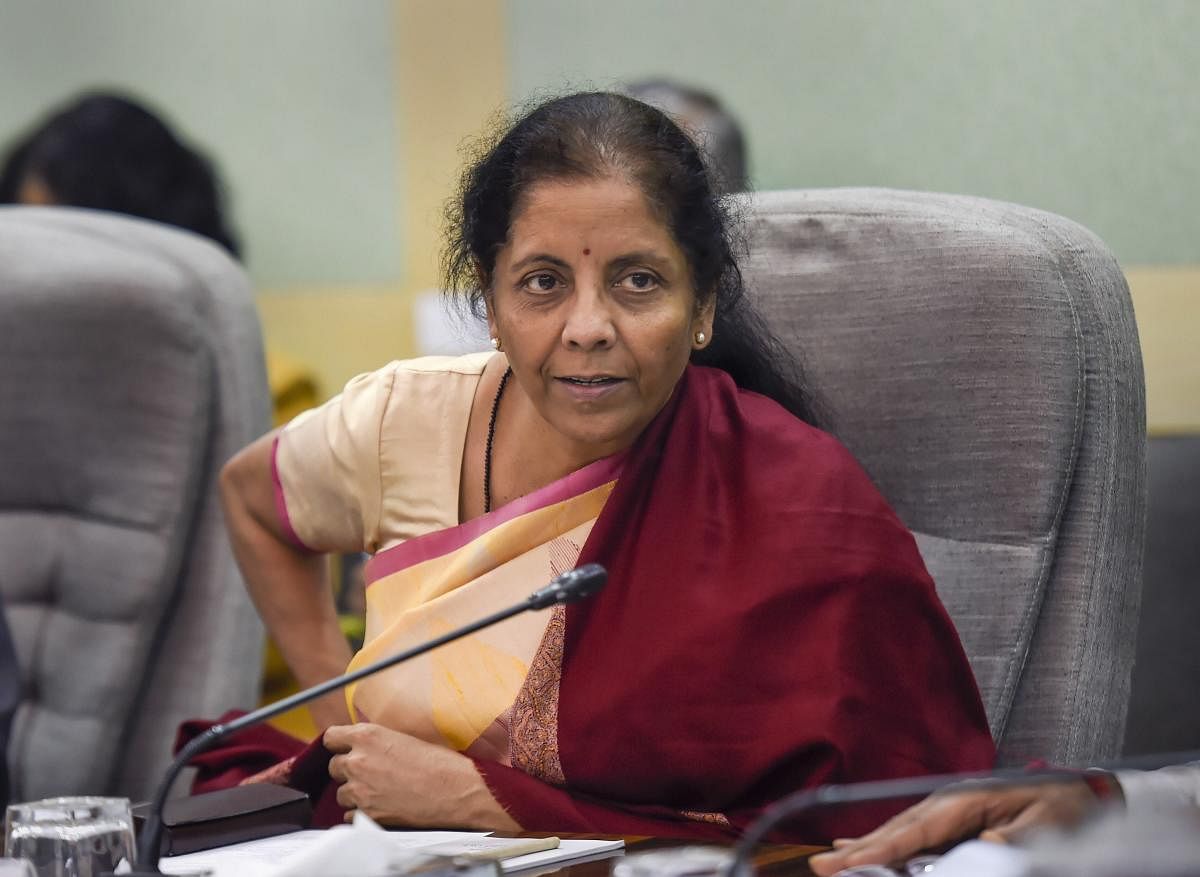
By Archit Gupta,
With the Budget due next month and the ongoing slowdown in the economy, there is heightened curiosity about what’s in store for the forthcoming financial year. Individuals and businesses are looking forward to some strong measures that the government might take to boost the economy in the near term:
Here are the expectations that taxpayers are looking forward to from the Budget 2020:
Changes in tax slabs: The Budget 2020 might announce changes to the tax rates applicable to the income earners of up to Rs 10 lakh in a financial year. Currently, there is no tax on income up to Rs 5 lakh. The taxpayers with income between Rs 5 lakh to Rs 10 lakh are taxed at the rate of 20% and those who earn more than Rs 10 lakh are subject to 30% tax rate.
There are chances that the finance ministry may increase the basic exemption limit to Rs 3 lakh from Rs 2.5 lakh. All these tax reliefs will lead to lower tax collections. Since the tax collections from the direct tax and indirect tax front are below par, these tax cuts can adversely impact revenue further. The government may then have to compensate it with a hike in taxes in some other way.
Increase NPS tax benefit: The finance ministry has received a request from the Pension Fund Regulatory and Development Authority of Indis (PFRDA) to increase the tax benefit on the NPS contribution to Rs 1 lakh. Currently, the tax benefit on NPS under section 80CCD(1B) is Rs 50,000. The authority has also requested to extend the 14% tax-free employer’s contribution to all the NPS subscribers.
Apart from these amendments, the PFRDA has also requested the ministry to increase the age limit under the Atal Pension Yojana (APY) from 40 years to 60 years and the pension limit from Rs 5,000 per month to Rs 10,000 per month.
LTCG exemption to be re-introduced: The ministry has received a request from the equity brokers to re-introduce the exemption on long-term capital gains earned from the transfer of listed equity shares. This exemption was rolled back in the Budget 2018 i.e. a concessional rate of 10% was announced on the LTCG exceeding Rs 1 lakh. This announcement will increase the demand for equity investment that might bring some relief in the economy.
Check on the triple taxation of dividends: There are high chances that the government might revisit the dividend taxation policy in this Budget. Currently, corporate dividends are taxed at an effective rate of 20.56% at a distribution level. However, any dividend amount received for less than Rs 10 lakh is tax-free in the hands of the receiver/investors. In addition to this, the profits out of which such dividends are distributed are taxed at the rate of 30%. It leads to triple taxation on the same income earned by corporates and distributed to the ultimate investor. The government might take measures to streamline the tax levied on different stages of the dividend distribution. It will encourage investors to invest in the capital formation of companies which might lead to an increase in the GDP of the country.
Start-ups might get tax incentives: The Department of Promotion of Industry and Internal Trade (DPIIT) has recommended several measures to the finance ministry for the upcoming budget. If such measures are implemented, the start-up industry might get a significant boost in the coming year. One of the strong recommendations is to extend tax benefits to the incubators under Atal Innovation Mission. Followed by the reduction in the GST rates on AIF management fees and tax benefits on ESOPs. Any growth in the start-up industry will generate employment in the country and that will lead to a rise in the consumption power, in turn, increasing the country’s economic growth.
Finance Minister Nirmala Sitharaman, has already started discussions with several forums on the budget front and will present the budget on the 1st of February 2020.
(The author is the Founder and CEO of ClearTax)